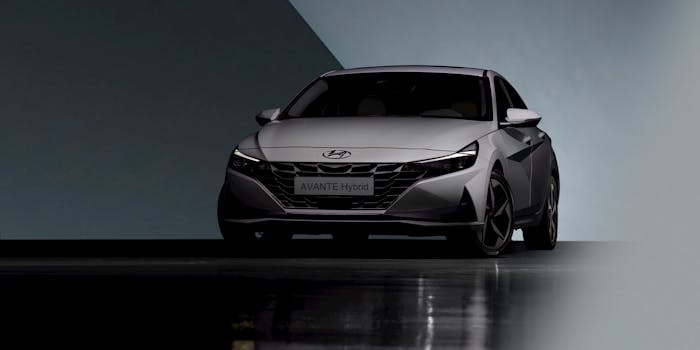
Smart Cities: Urban Trends for 2025
Smart Cities, the concept of using technology and innovation to create more sustainable, efficient, and livable urban environments, is becoming increasingly popular. As we move into 2025, it’s essential to explore the latest trends and advancements in this field. Smart Cities are revolutionizing the way we live, work, and interact with our surroundings.
Introduction to Smart Cities
Smart cities leverage technology, such as the Internet of Things (IoT), data analytics, and artificial intelligence (AI), to manage and govern urban areas. The primary goal is to create a more sustainable, efficient, and livable environment for citizens. This is achieved by optimizing energy consumption, reducing waste, and improving public services.
Key Trends in Smart Cities for 2025
Several trends are expected to shape the future of smart cities in 2025. These include:
- Increased use of IoT devices: IoT devices will play a vital role in collecting data and enabling real-time monitoring and management of urban systems.
- Artificial Intelligence (AI) integration: AI will be used to analyze data, predict patterns, and make informed decisions, leading to more efficient and effective urban management.
- Enhanced cybersecurity measures: As smart cities rely on connected technology, cybersecurity will become a top priority to protect against potential threats and ensure public safety.
- Greater emphasis on sustainability: Smart cities will focus on reducing carbon emissions, promoting renewable energy, and implementing green infrastructure to create a more sustainable environment.
- Improved public services: Smart cities will leverage technology to enhance public services, such as transportation, healthcare, and education, making them more accessible and efficient.
Case Studies and Examples
Several cities around the world are already embracing smart city technology and achieving remarkable results. For example:
- Barcelona, Spain: Barcelona has implemented a smart city platform that integrates data from various sources to optimize energy consumption, traffic management, and waste collection.
- Singapore: Singapore has launched a smart nation initiative, which includes the development of a national digital identity system, a smart transportation network, and a range of other innovative projects.
- Copenhagen, Denmark: Copenhagen has set a goal to become carbon neutral by 2025 and is using smart city technology to reduce energy consumption, promote green transportation, and enhance waste management.
Conclusion
Smart cities are transforming the urban landscape, creating more sustainable, efficient, and livable environments for citizens. As we move into 2025, it’s essential to stay informed about the latest trends and innovations in this field. By embracing smart city technology, we can create a better future for generations to come.




